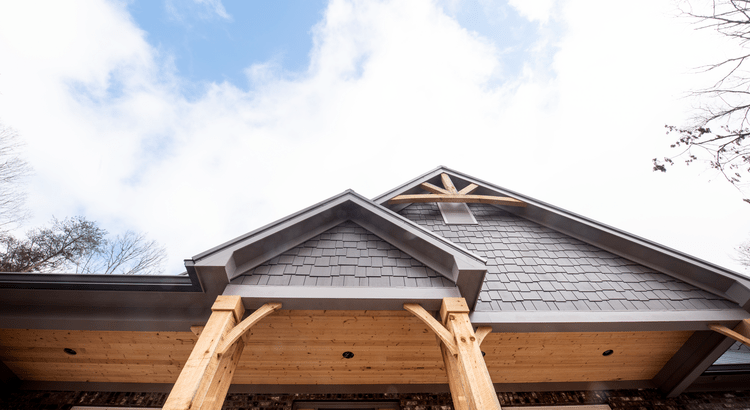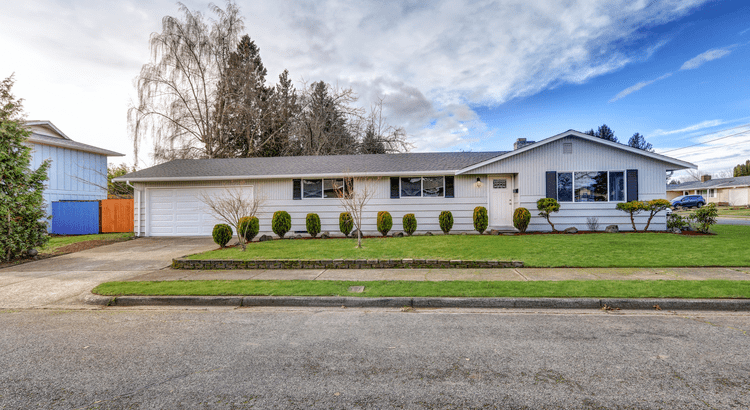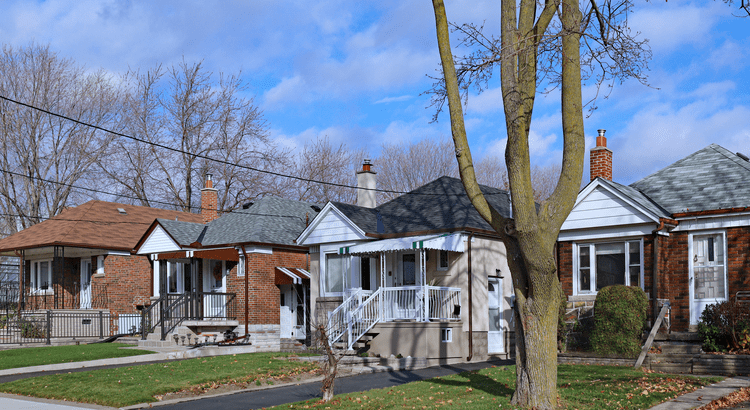Top 5 Things to Consider Before Buying Your Real Estate Investment Property
With the advent and surging popularity of home-flipping television shows, more and more people are turning their focus and money over towards real estate investment. Real estate can be a great opportunity for most people. The problem is that it’s not that easy and can quickly become a great liability and financial burden if you are not careful.
Here are the top five considerations that you need to give adequate attention to before you can intelligently and knowledgeably move forward with a real estate investment!
1. Who is your ideal renter?
New businesses ask themselves the same question, who is our customer? This exercise helps them cater their products and services to that customer, in order to provide a better overall experience. In real estate it is not all that different, you are buying for your customer, who are your future renters.
It is easy to let your personal beliefs and opinions of where you would want to live muddy your decision making. In actuality, where you would like to live or the type of house you would like to live in may not be the best real estate investment option for your long-term portfolio growth. Your mindset needs to be methodical; you need to remove emotion from your investment and focus on the cold-hard financial potential of the property. This can come in the form of appreciation or the monthly cash-flow after expenses are paid. Need help calculating cash-flow? Here’s a basic spreadsheet to help you get started!
"Cash flow, in the simplest terms, is the amount of profit that your investment property is making after calculating all of the expenses related to your real estate investment - Mashvisor"
2. On the Ground Research
Find local real estate investors through clubs, such as via Bigger Pockets lists, to learn about their successes and failures in the area. Do you know an area that you would like to invest in? If so, drive around it yourself and talk to local renters. They will most likely be pretty honest with you because they are not as personally invested in the neighborhood. One simple talk with someone could enlighten the flaws in your current approach or mindset, as well as open up new opportunities for you that you did not previously know existed!
3. Find Out Your Total Return
At the end of the day, you are investing to make money, right? Ask the owner of the property to send you the rent history, as well as check the local going rates to ensure he or she is being truthful. Determine estimated property taxes by requesting the records from the local municipality’s assessment office. Create a budget for expenses, such as minor maintenance and more substantial repairs.
If you are having a difficult time with a quote, you could also simplify it with the 50% Rule. While this rule is clearly not a science and expenses could rise above 50% of the rent amount, it is a rough number for estimation purposes. If your return is not sufficient using the 50% rule, most likely it is not that attractive of an investment!
"50% Rule: total operating costs (repairs, maintenance, taxes, insurance) will equal half of your rental property income. So if your property rents for $1,200/mo, you should expect $600 of that to go to keeping the property - Taylor Thomas, Real Property Management"
4. Calculate How Much You Will Need to Borrow
Imagine combing through all of the nitty-gritty details about a property, only to find out from your lender that the amount needed to borrow it out of your budget! You will not be a happy camper, I promise you that.
To prevent this, speak with a lender first to determine your mortgage capabilities, given your current income. This frame of reference will make sure you only look at the properties that you could realistically move forward with! Why waste time?
5. Dive Into the Details!
So now you have a general idea of the potential of the area, your returns, and what price range you can operate within. Time to dive further down!
Real estate is the closest thing to the proverbial pot of gold - Ada Louise Huxtable
The most important things you should be analyzing are the neighborhood, schools, crime rates, job market, proximity to amenities, future development, number of listings and vacancies, and likelihood of future property tax increases in that area. Some of these you can find in aggregated public records and studies, while others you may have to source through third parties.
Some Resources for You to Explore:
- Walk Score: how walk-friendly is the location of the property?
- Transit Score: for committing and daily transportation how time efficient and convenient are the various travel mediums?
- Great Schools: for renters with children how are the local schools ranked?
- Local Crime: is this a safe area to rent? Is it getting safer?
Are you someone who likes homes that are a little different and eccentric? You are going to most likely want to stay away from that when it comes to your real estate investment properties. An eccentric or unconventional home is going to limit your pool of potential renters and buyers if you eventually list it.
Conclusion
While this is only a drop in the bucket for the effort, time, and resources you will want to devote to choosing your real estate investment property, it’s a good start to get you going in the right directions! Do you have any questions, comments, or suggestions? Drop a comment below and I will do my best to respond to all of them!
Recent Posts










GET MORE INFORMATION
